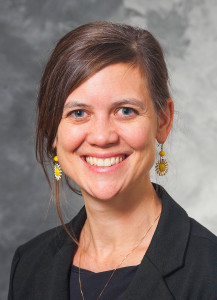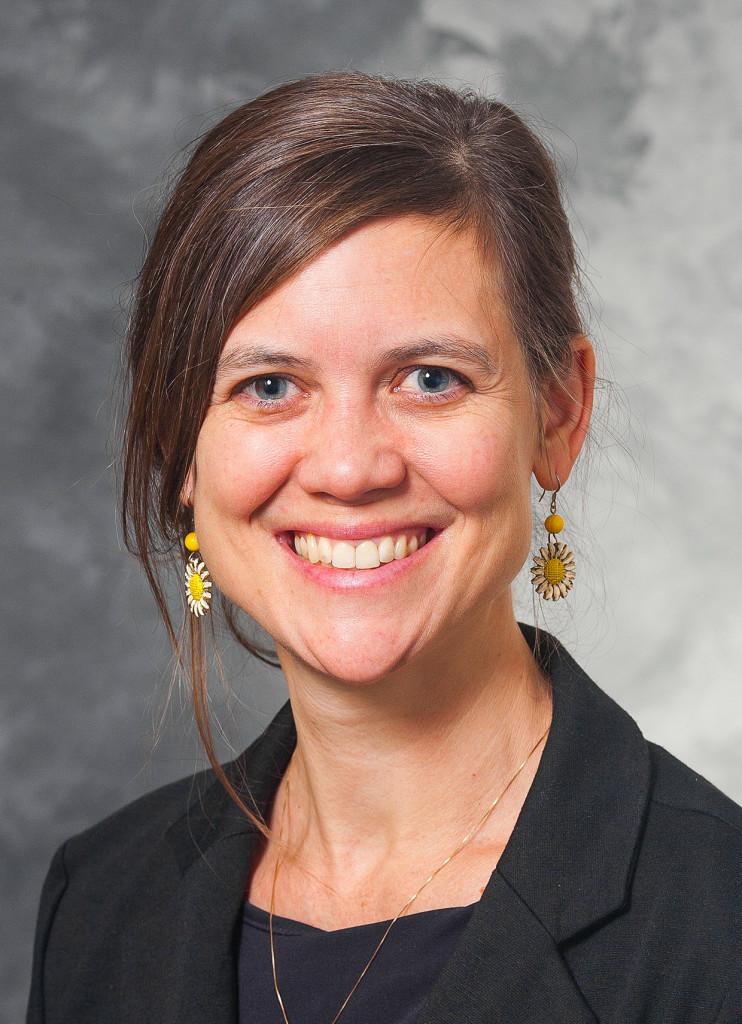On Friday, March 6, Pernille Ipsen, a professor of Gender and Women’s Studies and history at the University of Wisconsin, Madison, will present “Construction of Race in the Atlantic World” at 4:15 p.m. in ARH 102. Ipsen’s visit is co-sponsored by the departments of GWSS and history.
Professor Michael Gill, Gender, Women’s and Sexuality Studies, wrote in an email to The S&B that although Ipsen’s talk is not part of the series of events and speakers surrounding International Women’s Week, her “intersectional research certainly is relevant to the work that many on campus find important.”
Ipsen received her Ph.D. in history with a minor in Gender and Women’s Studies from the University of Copenhagen in 2008 and has taught at UW Madison since 2009. Since receiving her degree, she has dedicated her research to women’s history within the intersections between colonial and Atlantic history. Her profile on the university’s websites lists her areas of specialization as social and cultural history with a focus on how race and gender in the Atlantic were constructed by European colonialism and influenced by the institution of slavery and interracial marriage.
The University of Pennsylvania Press recently published her book, “Daughters of the Trade.” The book catalogues five generations of marriages between African women and European men living near a slave trading port on Ghana’s Gold Coast, beginning in the early 1700s with the Danish slave trade and ending in 1850 with the abolition of the Atlantic slave trade.

Photo contributed.
“My book is about how the Atlantic slave trade and the colonial plantation system contributed to the social construction of racial difference—in particular the link between slavery and blackness—that we still live with in the modern world,” Ipsen wrote in an email to The S&B.
Interracial marriage was officially prohibited in European colonies throughout the duration of the slave trade, but these marriages were in fact recognized and respected on the Gold Coast. The alliances that the Europeans gained from their wives’ families and communities were instrumental in determining the success of traders in this region. Children produced from these marriages cemented those unions, and Euro-African descent ensured one a powerful societal position.
However, as Ipsen’s book addresses, while Euro-African families prospered in West Africa, blackness in the Atlantic world was becoming inextricably tied with slavery. To proclaim any of African descent was to admit inferiority.
Ipsen’s talk on Friday will provide an overview of her book with reference to a few specific case studies, which she will tie in to a modern understanding of race stratification today.
“The talk [will focus] more on race than on gender, as does my recent book, but the questions I ask about the historical social construction of racial difference draws both theoretically and methodologically on the field of gender and women’s studies,” Ipsen wrote. “I would argue that we live in the wake of the meanings that were attached to race as a consequence of the long, painful history of radicalized slavery.”



















































